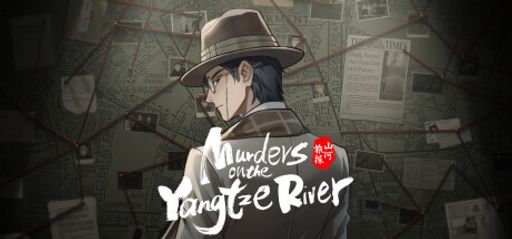I recently explored the streets and secrets of early 20th century China with Murders on the Yangtze River. As a lifelong fan of open-world adventures and hidden narratives, I found this Ace Attorney-like detective game both innovative and immersive. I have always loved titles that mix historical depth with engaging puzzles, and Murders on the Yangtze River delivers on both.
Overall Impressions
I approached the game with high expectations, and it did not disappoint. I quickly noticed how the game stands apart from its peers. While most detective games rely on standard courtroom drama, this title uses its historical setting for intricate puzzles and interrogations. From the start, I sensed a deliberate effort to infuse each case with real-life inspired historical events. The modern twist on classic mechanics kept me engaged chapter after chapter.
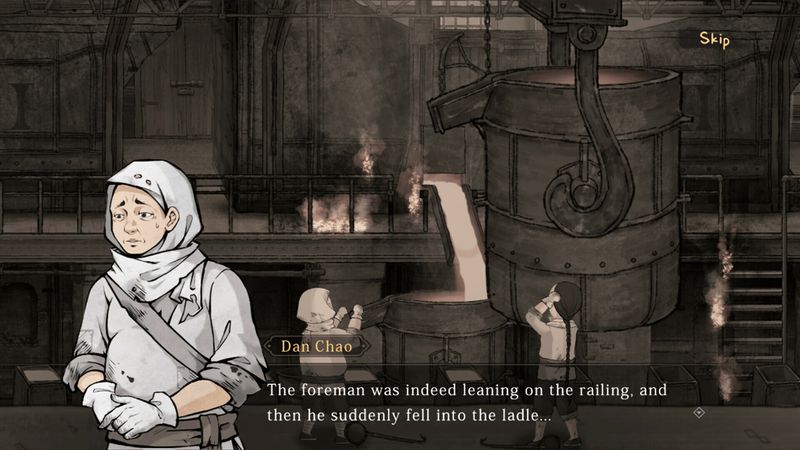
Gameplay Mechanics
The gameplay mechanics perfectly complement the narrative. Murders on the Yangtze River challenges you with cases that demand precise logical reasoning. I quickly learned that success depends on extracting subtle clues and piecing together fragmented evidence. Each case introduces a unique set of puzzles that keeps the experience from ever feeling formulaic. I appreciated how the game gradually introduces new mechanics, ensuring that even seasoned players like me encounter fresh challenges with each chapter.
One standout moment occurred during an interrogation sequence when a suspect’s inconsistent statements unlocked the key to solving a case. I got riveted as I saw the developers at OMEGAMES STUDIO invest significant effort in crafting layered dialogue. The mechanics combine the thrill of uncovering hidden truths with the satisfaction of solving a puzzle. Although some puzzle sequences feel slightly predictable and a few mechanics could use further refinement, the robust gameplay maintains the momentum and consistently delivers a sense of accomplishment.
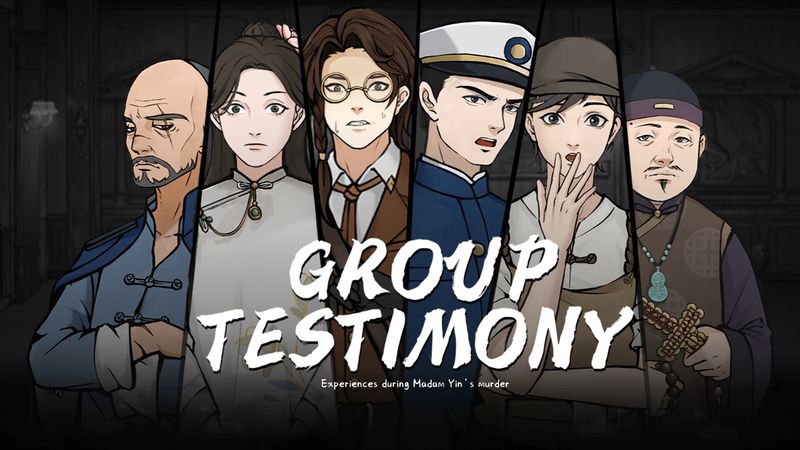
Story and Characters
The narrative in Murders on the Yangtze River lies at its core. I became captivated by a storyline that weaves together historical context with timeless detective intrigue. The cases require logical deduction and immerse you in the rich tapestry of early China. The narrative balances historical fidelity with creative storytelling. Every character plays a crucial role in painting a vivid picture of the era. The main protagonist exudes charm and determination, and his interactions with a memorable cast breathe life into the plot. Although some players find the character design slightly reminiscent of classic Ace Attorney figures, the cultural twist adds an entirely fresh dynamic.
I also admired the meticulous attention to detail in world-building. The bustling streets of 1920s China, the smoky corridors of government buildings, and even the quiet whispers of secret gatherings create historical authenticity throughout the game. The designers consulted historical texts and experts to capture this accuracy. The result is a world that educates as much as it entertains, and I found it refreshing to experience a game that teaches while entertaining.
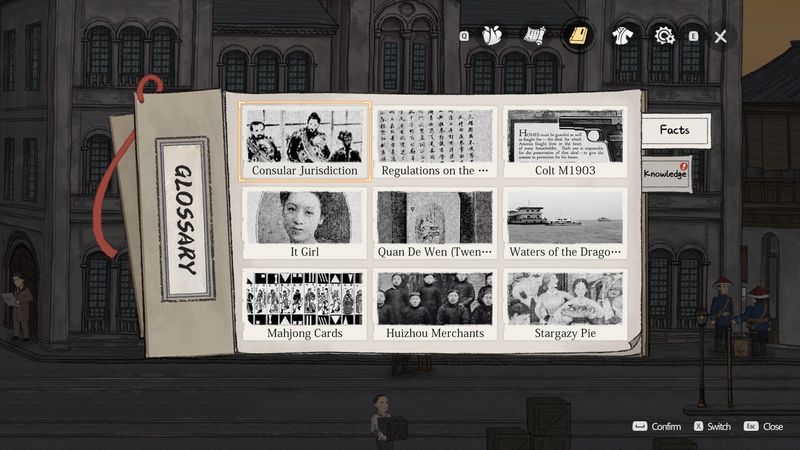
Visuals and Graphics
Visually, the game stands as a work of art. The graphics mirror the mood of its time period with an artistic style that uses muted tones and intricate details to evoke nostalgia and mystery. I noticed the developers meticulously render the environments and character designs. Their careful attention to historical architecture and period details enhances the overall atmosphere, and the visuals harmonize with the narrative to transport you to a bygone era where every corner hides a mystery waiting to be unraveled.
Sound and Music
Sound and music elevate the experience. The soundtrack fuses traditional Chinese instruments with modern cinematic scoring. When the music swells during intense moments, it heightens tension perfectly. Crisp sound effects pull you into the investigation. Early in the game, I encountered a brief segment of English voice acting that might distract some players. However, most dialogue—especially during critical interrogations—is in Chinese, and the voice acting generally boosts drama and authenticity. While a few players criticized the assistant’s voice for feeling discordant at times, the overall sonic experience remains a strong asset.
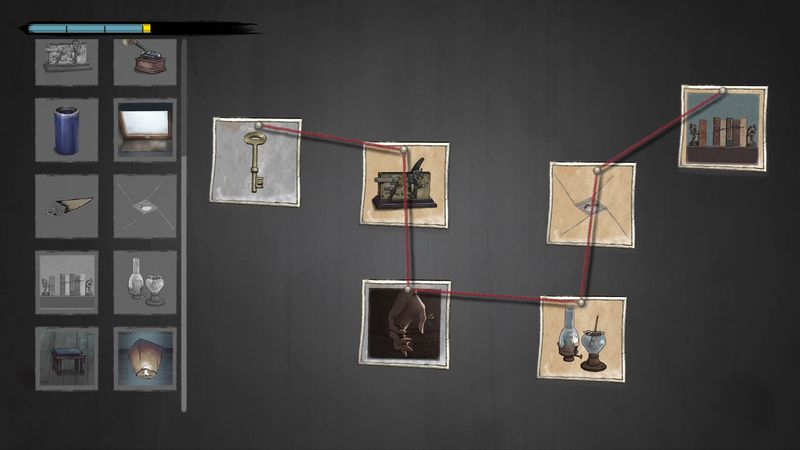
Difficulty and Replayability
The challenge level of Murders on the Yangtze River is well-balanced. It demands careful thought without veering into undue frustration. Each case is designed to test your abilities in logical deduction and critical reasoning. I experienced moments where frustration mingled with elation, knowing that I was on the verge of uncovering the truth. The game’s difficulty is calibrated in such a way that a victory feels earned. There is a significant amount of replayability, as each chapter offers different difficulties based on investigative choices. Furthermore, hidden clues and alternate outcomes encourage multiple playthroughs, ensuring that the game retains its appeal long after the first run.
In comparison to other detective games, Murders on the Yangtze River offers a fresh perspective. While games like Ace Attorney have long reigned in this genre, this title integrates history and investigation with a uniquely elegant twist. I feel that the developers took greater risks by blending narrative and mechanics rather than relying solely on the courtroom drama formula that many similar games depend on. OMEGAMES STUDIO has successfully crafted an experience that honors the detective game tradition while paving the way for future innovations.
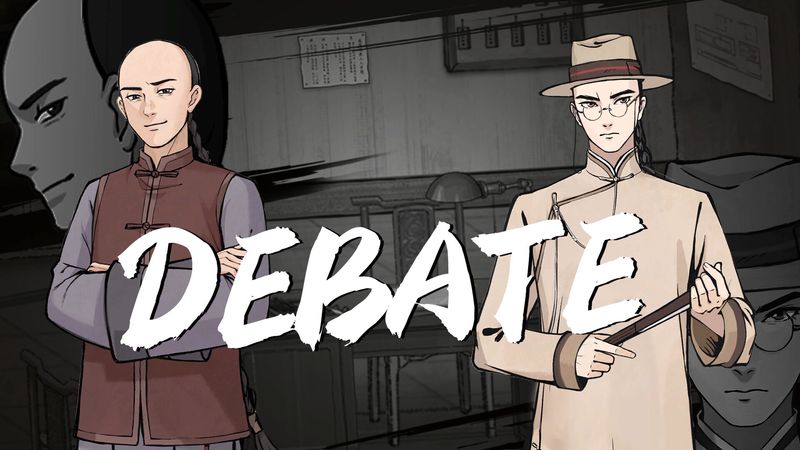
Behind-The-Scenes
There are interesting bits of trivia that only enhance the players’ experience. I learned that during development, the creation team hosted detailed research trips to China. They spent considerable time in historical sites to capture the authentic ambiance of the era. Insider accounts reveal that some of the cases were inspired by real historical mysteries, which helped ground the game in reality even as it ventured into fictional territory. These efforts show a deep commitment to quality and lend an extra layer of credibility to the game’s narrative.
Conclusion
In conclusion, Murders on the Yangtze River stands as a notable entry in the detective game genre. The game captivates with its well-told narrative, fine-tuned mechanics, and historical immersion. I found that its engaging puzzles, rich historical context, and striking visuals created an experience that is both educational and thrilling. Although a few minor issues, such as a brief period of English voice acting and an occasionally off-putting assistant character, cropped up, they do not detract from the overall excellence of the game.
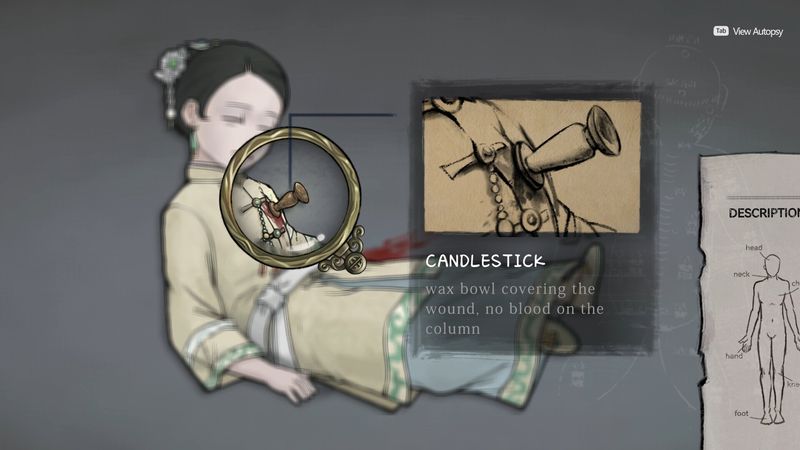
I recommend Murders on the Yangtze River to both fans of detective challenges and history enthusiasts. The game provides a rewarding blend of learning and entertainment. It is an invitation to dig deep into a past era and solve mysteries that resonate in the present. Given my long history of seeking out innovative games that push the envelope, this title is a must-play. I rate it 4.5 out of 5 stars. This game is not only an homage to a beloved genre but also a beacon of creative storytelling in modern gaming.

